How did you handle any personal or cultural transitions into county extension?
I did an internship with the USDA National Diagnostic Services Laboratories in Ames, Iowa, and that was the first time I was away from my community. I was a born-and-raised rez kid. I had a huge culture shock. I learned that how we perceive our community, our home, even our family dynamics are totally different from how the outside world does.
It was difficult to navigate, but I think that really helped me with my position here because Apache County is predominantly white. I understood the importance of the language, how to teach these kids and talk to their parents. I already had that inside knowledge, so when I came aboard with the county, it really helped.
It broke down those barriers, [because] historically extension agents and extension offices were a hand of colonization in the beginning. When they hear “county agents” and it’s a white man coming to their community, there’s still that historical uneasiness.
We don't have a connection with our county office. When you are in the midst of it, you can see there’s a clear divide unfortunately, and I’m sure it’s not intentional. It’s the way things have always been, and we just haven’t been able to bridge that gap yet. That's why I’m here to help.
How segregated is county extension from FRTEP?
Even though I’m with Apache County, my director is very supportive of me servicing who needs to be served on the Navajo Nation. My relationship is really great because FRTEP supports me; they’ll help fund different projects that I’m doing.
We just did a drone workshop a couple of weeks ago that was sponsored by the Native American Agriculture Fund, and had a professor come up from the University of Arizona. He presented to kids and community members about the different types of drones they can use in agriculture or business, so I do have programs that I can utilize through FRTEP to get more programs done that the county wouldn’t otherwise be able to fund. The county only funds my travel, but FRTEP funds my programming because I am on the Nation.
It’s not just the Navajo Nation. We work with an enterprise called the Southwest Indian Agriculture Association. They’re having a conference at the end of June in the White Mountain Apache Tribe area. They really like what we do for programming for kids, so they invite us every year to do a one-day program. We do youth programming with them all day while their parents attend the conference.
I try not to stick with the county lines. There is a divide, but it has been going on for the past 20 to 30 years. Sometimes I get in trouble with other county agents, but a majority of the time they’re just happy to have help.
What are some of the challenges that FRTEP agents in Arizona face?
I saw the disparities between local county extension offices versus tribal communities. It’s not the county’s fault. Arizona is such a big state. I’ve had to drive three hours for an hour’s worth of programming.
It’s easier for them to do programming locally and have a solid foundation, whereas when the agent could come up to Northern Arizona once a month to do programming, it spread them thin. Working with the FRTEP agents is the same story but different locations. There are never enough agents, never enough time.


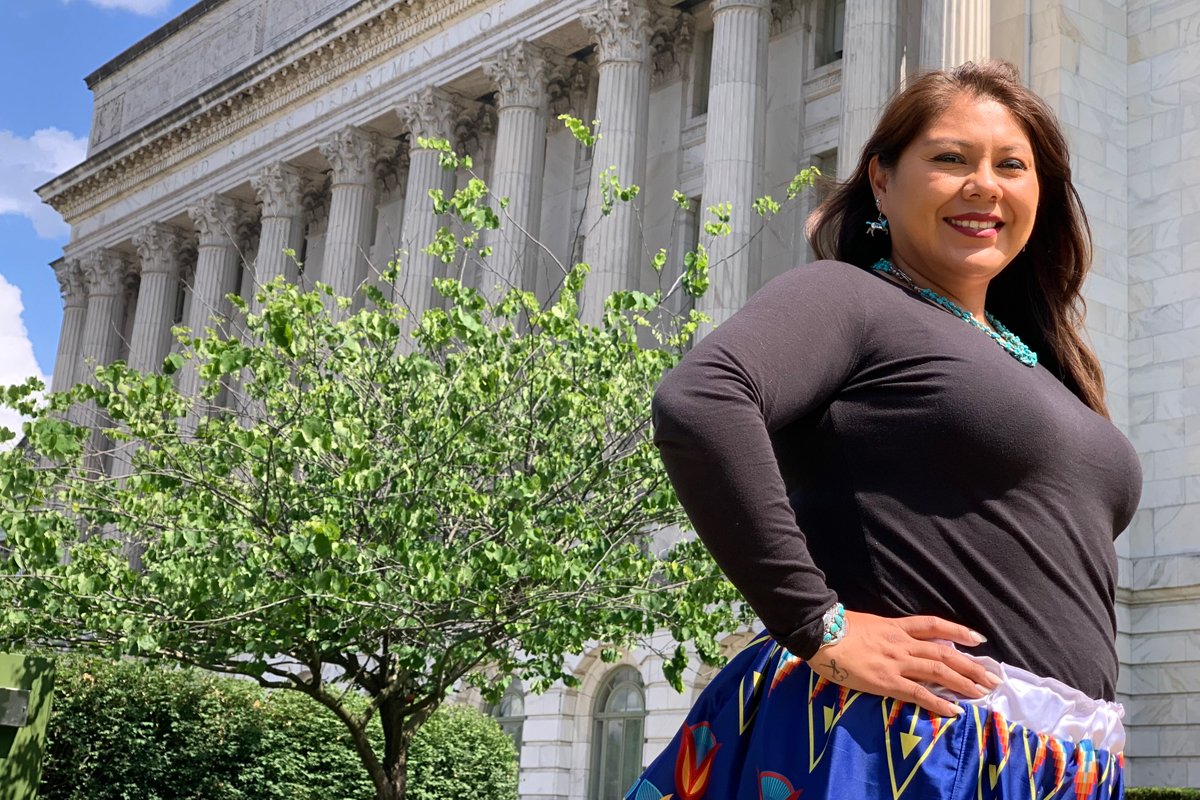
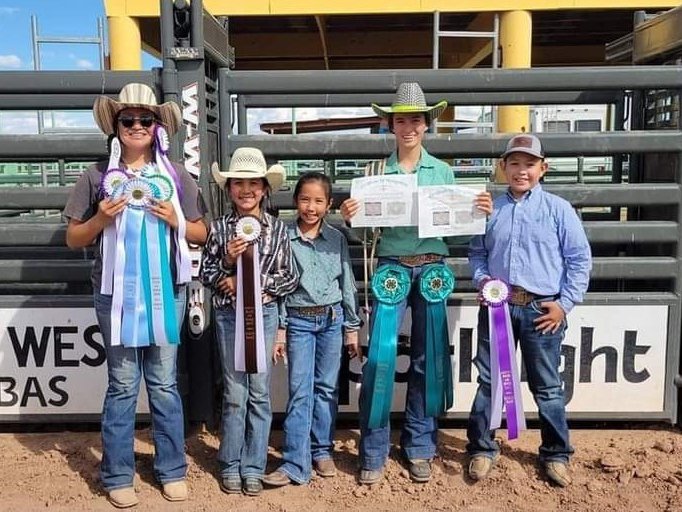
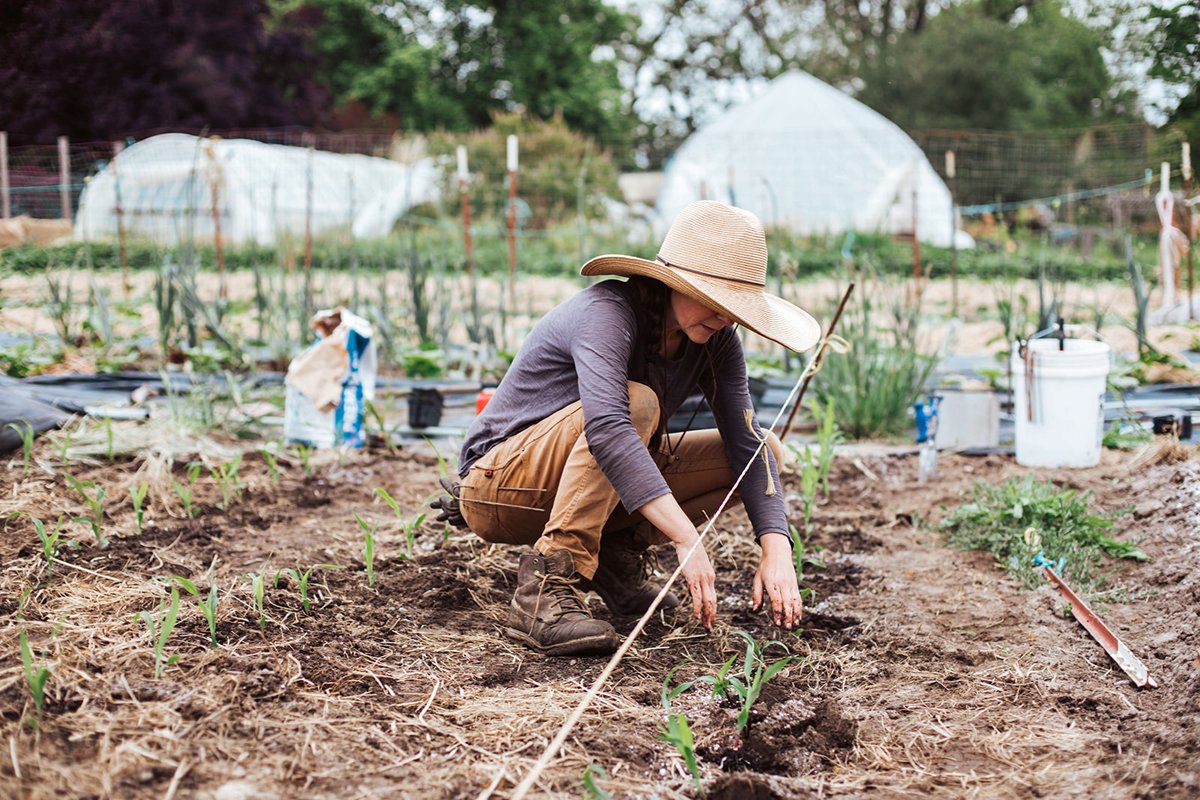
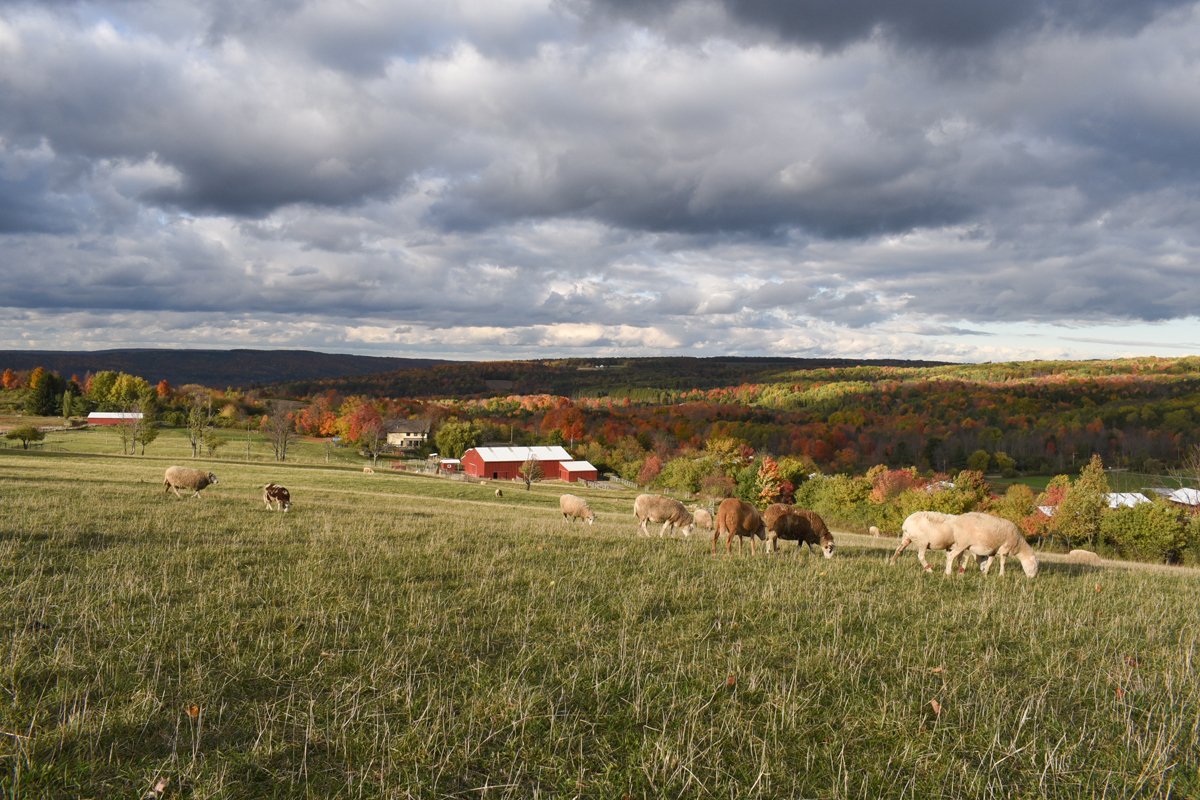
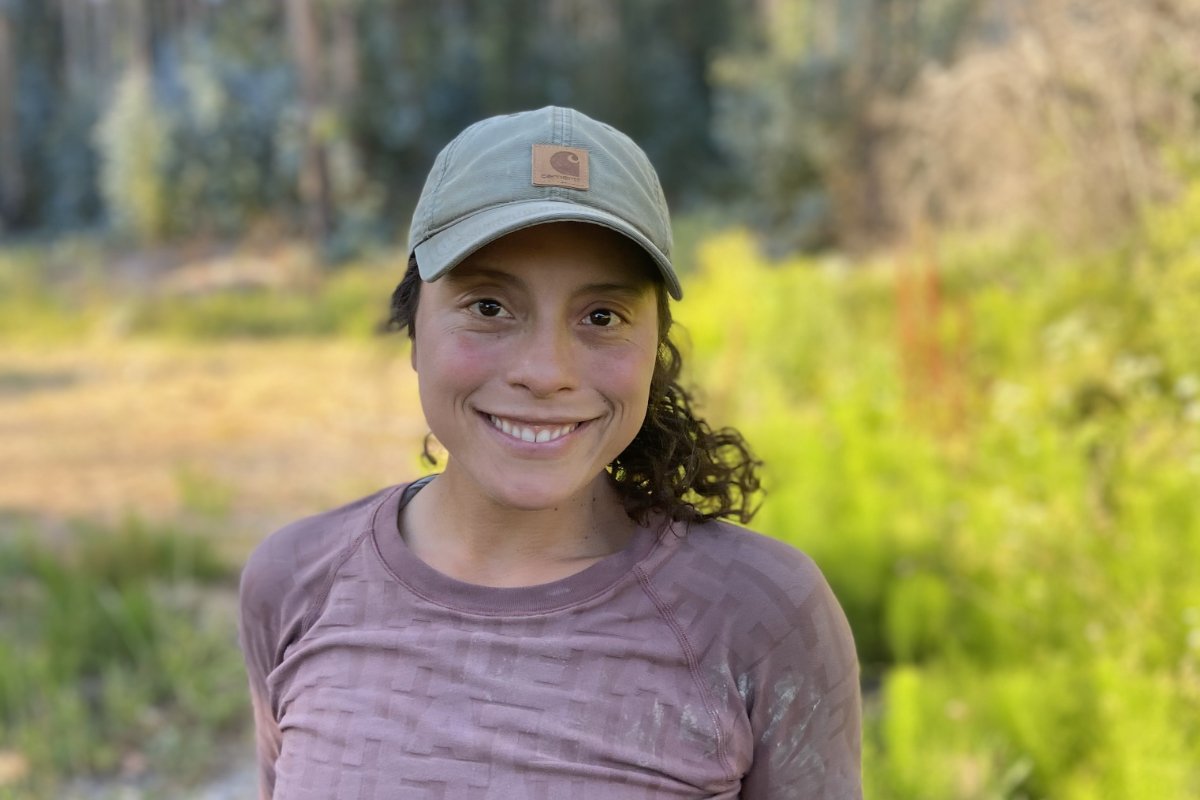
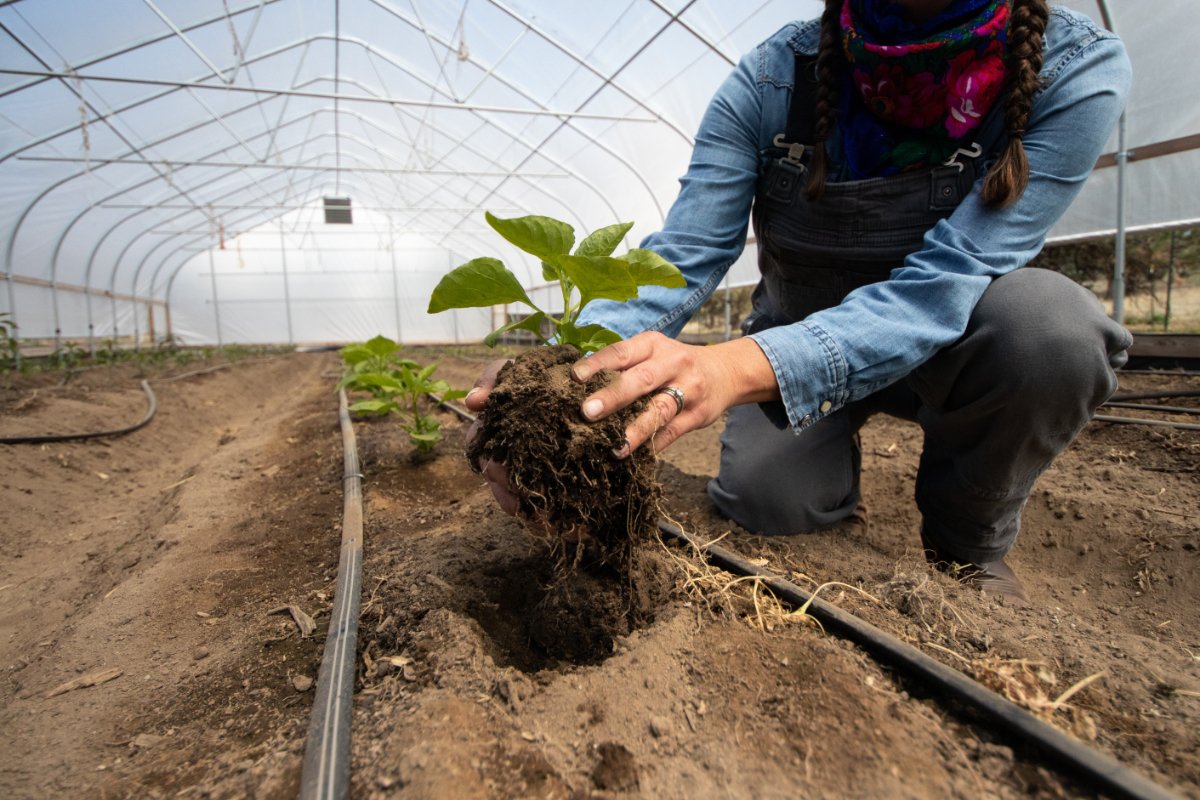
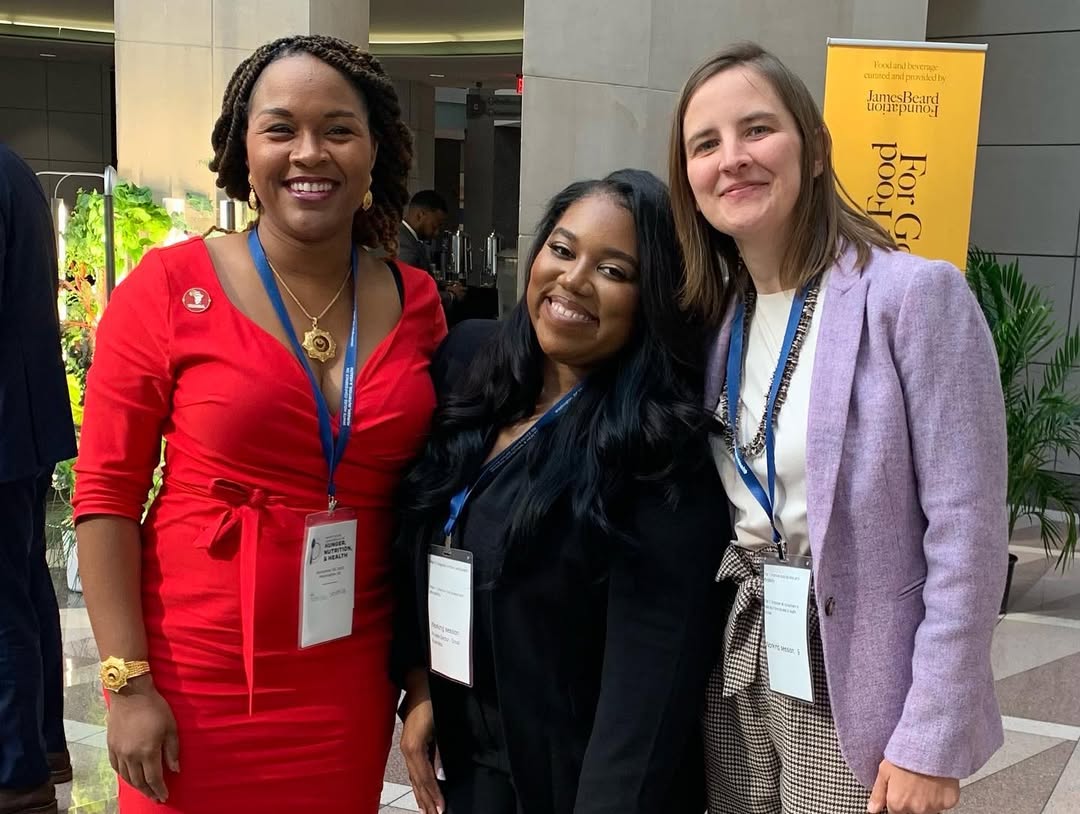
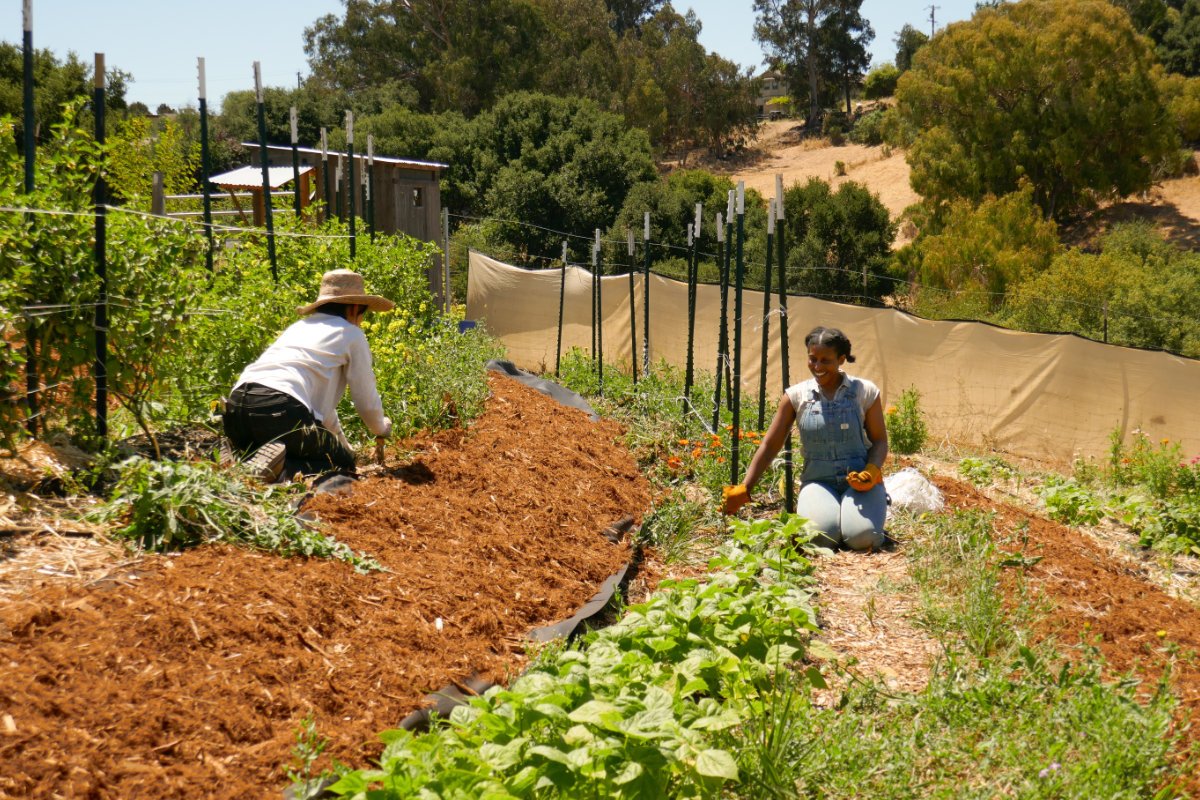

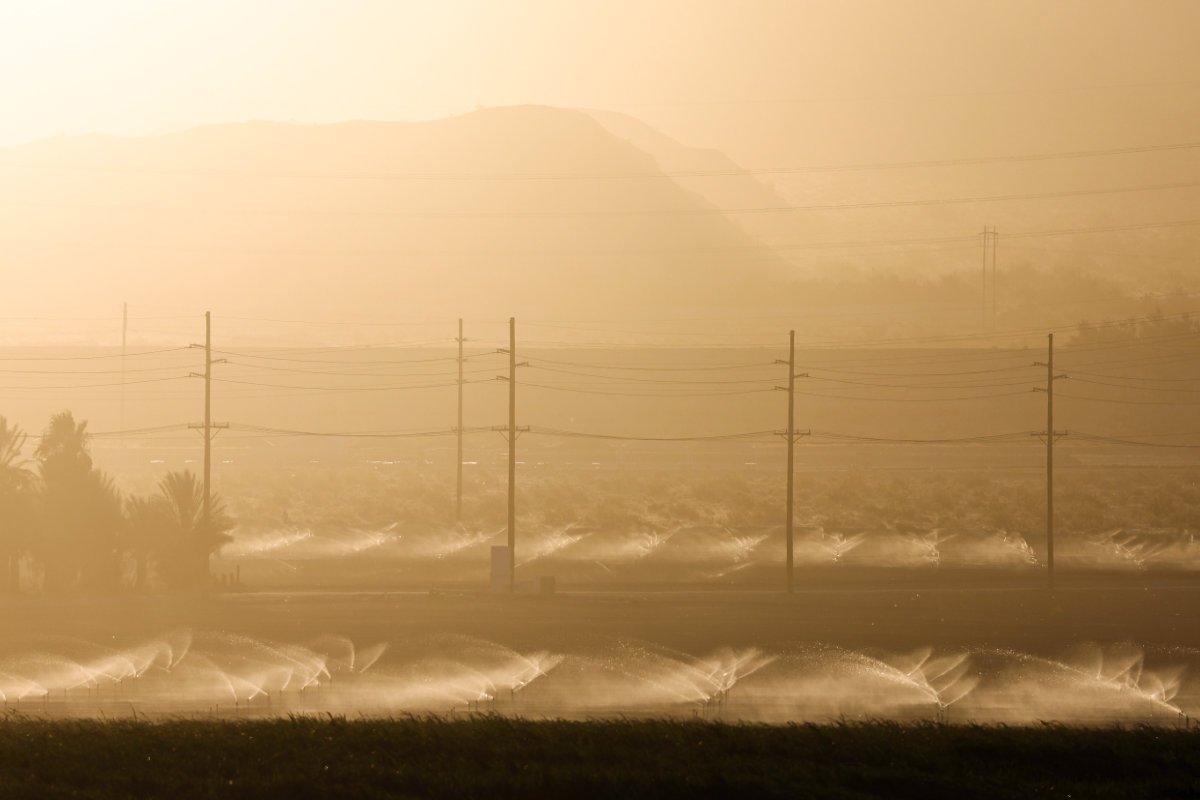
Like the story?
Join the conversation.